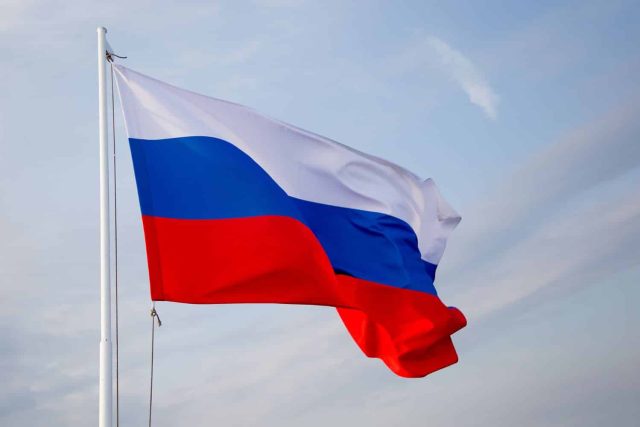Russia will expand the reach of its electronic visa program beginning August 23, doubling the validity period from 60 to 120 days and extending the maximum stay from 16 to 30 consecutive days.
The move, announced this week, is expected to make the country more accessible to travelers from 64 eligible nations while preserving the program’s single-entry restriction.
The e-visa, introduced nationwide in August 2023, has quickly become a popular means of entry.
More than 1.2 million people have used it since its rollout, with the largest numbers arriving from China, Saudi Arabia, Germany, Turkey, India, and Estonia. Russian officials said the changes are designed to provide visitors with greater flexibility to plan longer or more meaningful stays for tourism, business, or cultural exchange.
The application process will remain digital and straightforward. Applicants can submit documents through the official government portal and typically receive approval within four calendar days. The cost is about $50, with children under six exempt from the fee except for bank charges.
Travelers will now have four months from the date of issuance to enter Russia and may remain in the country for up to 30 consecutive days. Authorities emphasized that entry will continue to be limited to 105 officially designated checkpoints, including major airports, rail terminals, seaports, and selected land borders. Crossing at other points will still require special authorization from the Federal Security Service.
Some context
Although the extension of both validity and stay duration marks a major shift, the e-visa remains single-entry. Travelers who leave Russia must apply for a new visa to return. Officials have indicated that this may eventually change.
In June, Maxim Reshetnikov, Russia’s minister of economic development, said the government is considering the introduction of a multiple-entry e-visa. No timeline was given, but the proposal is viewed as a possible breakthrough for business travelers and regional visitors who might need to move in and out of Russia frequently.
The timing of the update is widely seen as deliberate. Russia continues to navigate strained international relations but is also eager to attract more foreign visitors. Expanding visa flexibility signals an effort to encourage tourism and cultural exchange while maintaining tight border control.
What we know
Reports say the decision reflects a careful balance between promoting economic engagement and safeguarding national security.
Eligible travelers will continue to apply online by uploading a passport scan, digital photograph, and travel details. A digital or printed copy of the approved visa must be presented at airline check-in and border control.
For citizens of the 64 eligible countries, which include much of Europe as well as India, China, and parts of the Middle East, the rule change represents an opportunity to stay longer and explore more of Russia without the need for cumbersome paperwork or embassy visits.
The change offers what many see as a welcome adjustment: more time on Russian soil without more bureaucracy. But with the single-entry rule still in place, travelers will need to plan carefully. For now, the new regulations represent a significant step toward a more open, if still carefully controlled, approach to international travel.











